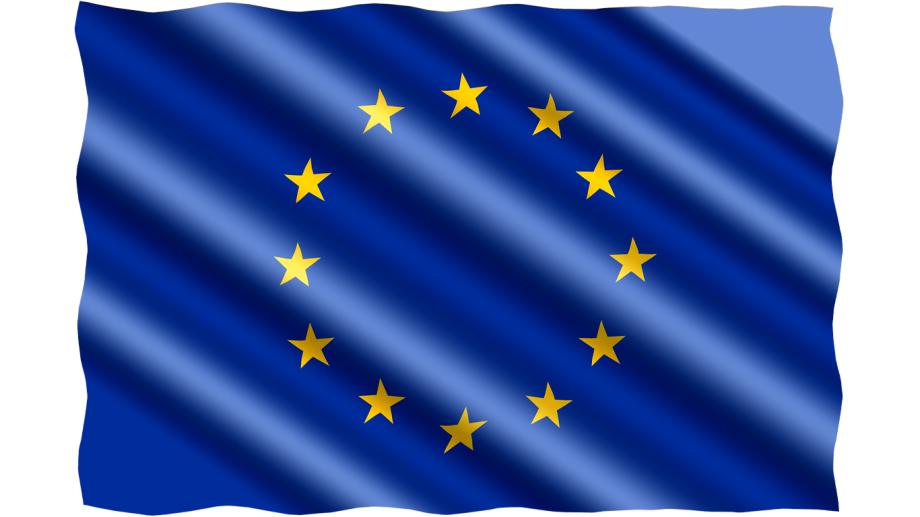Multispeed Europe in the Making

Last September, French President Emmanuel Macron presented his ambitious reform package for rebuilding the European project. When it came to the question of integration, he explicitly called for differentiated and flexible institutional arrangements to enable those member states that want more do more. Macron’s openly pro-European campaign, which led to his election victory, aroused high expectations that by summer 2018 reforms are underway and Europe’s “crisis mood” would have come to an end.
Thanks to a number of familiar challenges – ranging from the migration crisis to tense transatlantic relations - this simply hasn’t happened. A more encouraging development occurred on 19 June when France and Germany presented a joint vision for the future of Europe, which will be discussed at this week’s European Council meeting. Yet it was far from plain sailing during Berlin and Paris’ efforts to create this new outlook.
The Bumpy Road to Compromise
While reforms to defence, security, migration and other key policies have long been desired, Macron’s proposals have often left Germany and other EU members unimpressed. For instance, Finland and Ireland were among a handful of states that supported Dutch Prime Minister Mark Rutte’s rejection of a eurozone budget and new investment fund for the currency union. Central European states currently outside the eurozone also took a similar attitude. Poland and Hungary argued that the creation of a separate eurozone budget would eventually lead to a more multispeed Europe. Both worry about being left behind once the Franco-German motor is in full gear.
It is no secret that France and Germany view the future of the EU differently. These discrepancies run along four main arguments.
First, while Macron wants to relaunch Europe, Chancellor Angela Merkel wishes to bridge the East–West divide and keep the club together. Second, France is eager to cede more powers to Brussels, while Berlin does not seek a more integrated Europe. Third, Macron desires a multispeed EU (with a core group leading the way in eurozone integration), whereas Merkel is reluctant to push for faster and exclusive integration circles. And finally, while France expects the EU to protect its member states from the external world (for instance through imposing quasi-protectionist limits to foreign investments), Germany opposes such measures.
Over the past few months, the main division has been related to eurozone reform. Germany has long resisted three proposals advocated by France. First, Berlin refused Macron’s eurozone budget plan because it feared making any financial transfers to indebted countries. Additionally, Merkel does not like the idea of the eurozone becoming a political actor in its own right to the exclusion of non-euro countries. Finally, the Chancellor opposes the creation of a eurozone parliament with budgetary powers because it would deprive the Bundestag of public spending control. As a compromise, Germany eventually agreed on the creation of a eurozone minister but only if he/she were to ensure respect for budgetary discipline.
While disagreements on eurozone reform have persisted, Germany and France have nevertheless shown willingness to work towards joint solutions in other areas. Merkel has changed her mind and now supports the “European Intervention Initiative” – a defence grouping (open to British participation) that was widely mistrusted in Germany despite arguments that it would be able to act more quickly than PESCO. For its part, France was proud to move forward with Germany on the Posted Workers Directive, plans to tax US tech giants and the new EU defence fund.
Onwards and Upwards
And now there’s the joint plan for a eurozone budget, albeit without the separate parliament and minister of finance proposed by France. That said, German approval for a common budget, which will come into effect in 2021 and remain in force for 8 years, must be seen as a significant breakthrough. While the finer details are still to be determined the budget is expected to encourage eurozone convergence and investment, as well as stability for member states suffering from asymmetric shocks. The plan also proposes the transfer of the European Stabilization Mechanism (ESM) into an EU Monetary Fund (although the name has not been explicitly stated) with powers to scrutinise individual states’ economies and fiscal performance.
While the going was sometimes tough, Franco-German consensus on EU reform still does not come as much of a surprise. Indeed, several factors played a role in striking a deal for a eurozone budget which will be of strategic importance for the whole continent. These include the absence of the UK in the talks, as well as other non-cooperative states from outside the eurozone such as Poland, which openly opposes the idea of a separate budget. Germany also wants to keep the eurozone countries united, rather than watch France build a coalition that might include Italy and Spain to approve its reforms.
Moreover, given the ongoing migration crisis and criticism coming from some EU states and the US, Berlin wants to show that it is capable of coming up with a refreshed European vision. To assist, Paris agreed to take back refugees registered in France who were trying to enter Germany. In doing so, France hopes to set an example to other EU states and prompt them to act in the same way (which will also help Merkel overcome challenges arising within Germany’s governing coalition). Ultimately, Paris and Berlin want to show the EU is capable of taking its destiny into its own hands and become a global player that can act independently of its increasingly unpredictable US partner.
Even though Macron’s big plans for European reform have not yet been implemented, the agreement with Germany is a tangible step towards a differentiated integration, which is exactly what he called for last year.

Associate Fellow, Centre for Global Europe